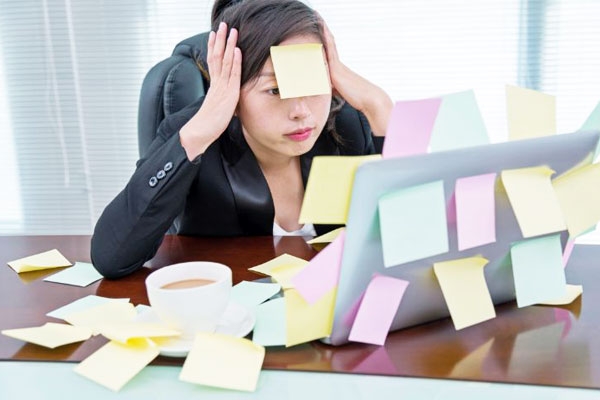
(Image source from: Canva.com)
Employers often view sick leaves with suspicion, scrutinizing the reasons behind them to determine their legitimacy. The public may perceive sick leaves as either a genuine need for physical recovery or a crafty excuse to skip a workday during public holidays. While it's common to dismiss sick leaves lightly, extended absences among middle-aged women often reveal the underlying work-related stress that compels them to pause and find balance between their professional and personal lives.
A recent study published in the Scandinavian Journal of Primary Health Care has uncovered the correlation between work-induced mental stress and prolonged sick leave. The research emphasizes that work-related stress is a significant predictor for extended sick leaves. The study highlights various workplace factors that contribute to this phenomenon.
Women who find themselves embroiled in workplace disputes or feel powerless to influence decisions are more than twice as likely to take extended sick leave compared to their colleagues. Women often play a secondary role in major workplace decisions, which in turn, causes them to question their own capabilities. The underlying misogyny in the casual dismissal of their decisions or the lack of support in conflicts makes them feel undervalued and disempowered within their workplace.
A healthy work environment extends far beyond simply avoiding disputes. Even if individuals don't directly experience conflicts, exposure to a tense and pervasive atmosphere, marked by witnessing ongoing disputes, can instill feelings of unease and instability, leading to anxiety and burnout. The overall toxicity of the workplace plays a crucial role, beyond just the frequency of sick leave. Creating a positive, supportive environment where everyone feels safe, respected, and valued is essential. Such an empowering workplace not only enhances productivity but also reduces the need for sick leave.








